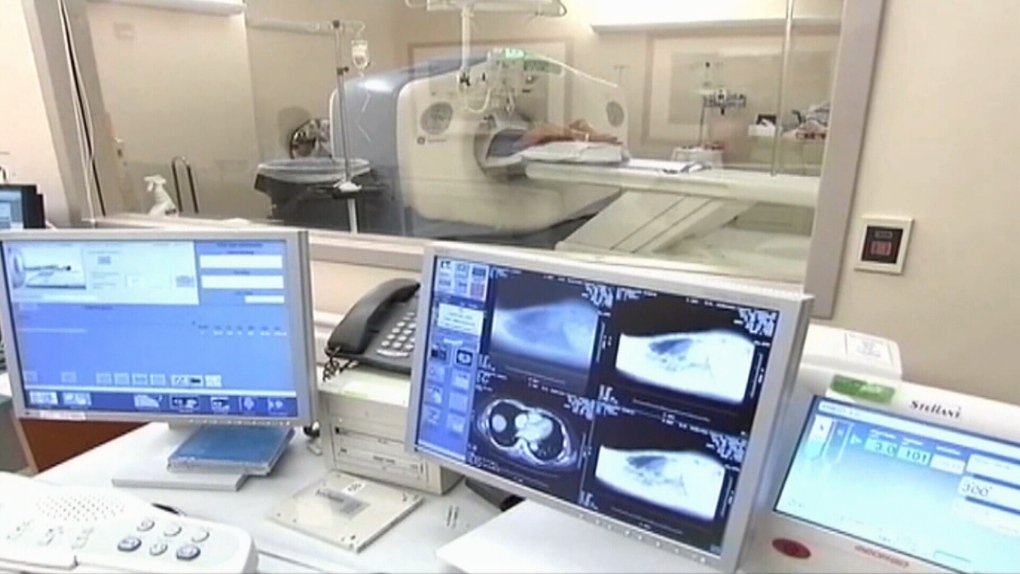TORONTO —
Singaporean researchers have found that the mRNA COVID-19 vaccines can trigger an enhanced immunity in survivors of the original SARS virus, which could be the key to creating a vaccine that could work against all similar viruses.
The research team published the findings from their small-scale study on Wednesday in the New England Journal of Medicine. They took antibody specimens from eight SARS survivors before and after they got vaccinated, then compared them to antibody specimens from 10 vaccinated COVID-19 survivors, 10 unvaccinated COVID-19 survivors and 10 vaccinated people who have not had either virus.
The researchers looked at how effective those antibodies were at neutralizing 10 different coronaviruses, including the SARS virus, four variants of SARS-CoV-2 (the virus that cause COVID-19) and five viruses that have been identified in bats and pangolins but have not yet caused any disease outbreaks in humans.
The antibodies from vaccinated SARS survivors were the only ones to effectively neutralize all 10 viruses, the study found.
Antibodies from vaccinated people who didn’t have the SARS virus also did well against most of the viruses but struggled against three of the pre-emergent viruses.
SARS, or severe acute respiratory syndrome, is the disease caused by the SARS-CoV-1 virus. Between 2002 and 2004, the SARS outbreak led to over 8,000 reported cases and nearly 800 deaths around the world, including 251 cases and 44 deaths in Canada.
The SARS-CoV-1 and SARS-CoV-2 viruses share 80 per cent of their DNA. These viruses, as well as the others that were examined in the study, belong to the same subgroup of coronaviruses known as sarbecoviruses.
Such a vaccine would not only be able to provide immunity to future COVID-19 variants, but it could also stop new coronaviruses from jumping species and causing another pandemic.
“A ‘dream’ vaccine would cover not only SARS-CoV-2 and its known variants of concern but also future variants of concern and other coronaviruses with known potential to cause severe human diseases in the future,” the authors wrote.






More Stories
Antony Blinken takes aim at China’s support for Russia’s war in Beijing visit | CBC News
Guelph police have eye in the sky with new drone | Globalnews.ca
New Norad commander calls Canada’s defence policy update ‘very encouraging’